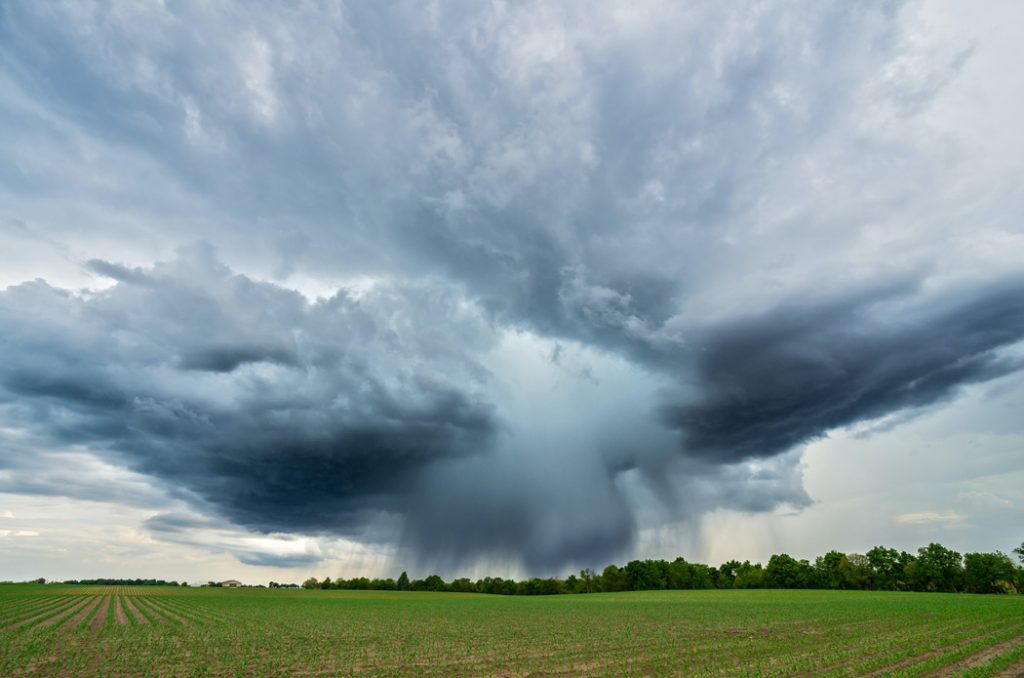
Delta is sweeping the world, and unless you’ve been out of the loop for months, you already know quite a bit about it. COVID-19 is changing so fast that by the time you read this, there may already be new variants.
In many locations throughout the country, COVID-19 hospitalizations are hitting record highs, despite the fact that half of the population (and 70 percent of those eligible) has been vaccinated. Yet even with this recent surge of cases, the economy is now fully recovered, according to a July 29, 2021, article in the Washington Post.
What’s going on? The virus is raging and many restrictions remain in place, yet the economy is now poised to reach all-time record highs. It makes a person want to shake their head in disbelief, right?
Well, not if you consider one of the main reasons for the success of the Homo sapiens species: we are incredibly adaptable. In this case, we have learned how to do business in a pandemic.
It’s a great lesson in not undervaluing humanity’s ability to adapt and prosper.
I have heard some estimates that it may take until 2024 before we are out of the pandemic. I doubt this will happen suddenly. Instead, I think as humanity develops sufficient resistance to this disease through vaccination and through surviving infection, we will gradually see the impact of COVID-19 recede. And all through that gradual recovery period, I believe we can expect the economy to continue to reach new highs as more parts of it normalize.
Humanity has learned to live under extreme conditions in a wide range of habitats and climates, something that few other species have matched. When the climate has not been to our liking, we have altered it or adapted to it, or both. It is always possible that this COVID-19 catastrophe is the end of humanity, but the odds are extraordinarily high against it. Instead, it is far more likely that we will survive and progress, as we have done in the past.
What followed the 1918 influenza pandemic? It took about three years for that flu to burn its way through the world, leaving behind as many as 50 million dead worldwide. But the next thing that came was the Roaring Twenties.
Like the virus, the economy mutates. And just like our species, we know that companies can adapt and thrive.
As I write this, I can’t help but think of another catastrophe that is upon us and likely to bring repeated disasters for decades to come. Climate change is not only real, it’s also costly and challenging to every nation on the planet.
The new report from the United Nations says that even if the whole globe became carbon neutral today, the world would continue to warm for three decades. And of course, we are not now carbon neutral and are unlikely to become so any time soon, so figure global warming will continue four decades or more.
Call me an optimist, but I do believe that we will not only be successful in changing our economies to become carbon neutral, but that we will also adapt to the changing world and find a way to prosper. The economy will mutate to accommodate new realities.
